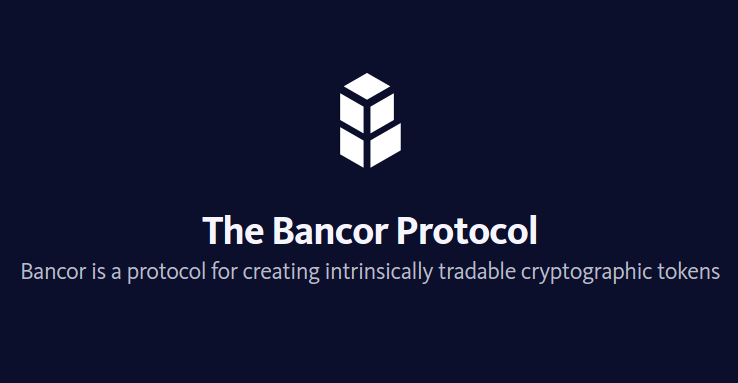The latest scandal featuring a large consulting firm and the behemoth of social-media Facebook has quickly made headlines across the world. It has been revealed that Cambridge Analytics have successfully kept taps on millions of users and has cajoled users to unwittingly share personal data with their friends. The tally is quite impressive and sitting at 50 million affected profiles. This is one of the biggest scandal ever to hit the social network and the hour of reckoning is due. It is time to private companies tapping into blockchain to try and uphold the values that established leaders have failed to. Enter Robin8, the company running its decentralized blockchain platform promising to give users more controls over their personal data.
Why is Robin8 good for you?
Robin8 is a privately-held company whose mission is to allow both companies and users to monetize on personal data. In the case of companies, there is little to surprise anyone, really. Companies have been raking up big data on customers in the hopes of generating successful targeting ads and you can just about see how users have been unwitting about this whole arrangement so far. Robin8put promises to quite significantly revitalize the economy of blockchain. There are many ways this can be achieved. Most importantly, the platform will allow users to create social profiles, which will in turn be safeguarded by the integral workings of blockchain.
If companies want to access the trove of data, Robin8 will make them reach out to users first who will then determine how much, if at all, they want to share with companies and corporations. This is a proper response to a deepening crisis with the public trust. At a time when even bulwarks of privacy and safety are failing people, it is quite understandable that there will be a massive ebb from the shores of cyberspace.
Robin8 believes that this model can be reinvented, drawing from the power of blockchain and promising users to have the ultimate say in who is going through you data and how they are using it thereafter.
Robin8 will bring social profiles to blockchain, allowing complete privacy and shielding users against fraudulent and ill-meaning third parties.
Naturally, Robin8 seems to not rule out the opportunity that companies should be offered a chance to turn a tidy profit if they are doing so as per regulation and no foul play is present.
With this in mind, Robin8 is a cornerstone in the development of social media of a new breed, one that is fully-prepared to take on the sticky paws of ill-meaning investors. Of course, many users may prefer their information not to be so readily shared and this can have a toll on companies’ marketing. However, it is the right thing to do.
At Cryptonewest, we have not always been in favor of everything the crypto world has stood for. For instance, we have never supported cryptocurrency owners who would rather try to avoid taxation than help establish example and work on a meaningful groundwork for future regulation and the larger adoption of the tokens.
However, we are fully in favor of what Robin8 could do for the future of privacy by tapping into blockchain.
A fair warning before taking up a new God
Despite all the good take Robin8 has had in the media, you should also take them with a pinch of salt. Little is known about the company itself. Their whitepaper is honest and straightforward and while their ingenuity is open and to the point, one thing stands out – the company itself does not promise that its model will take off and that it would bring profit to anyone.
Robin8 is working hard on establishing its model and finding the means necessary to fund it, but they are far from making big promises. This is all very fine as it lands them even more credibility. However, it is worth noting that this could also dissuade future investors who might be looking into ways of establishing themselves on this new cryptomarket.
Still, there is a lot to take out of the white paper. The promise to return the power to the people who are actually owning the data and to give them a chance to turn a profit in itself is good enough. Simultaneously, it offers a chance to companies to give something back from the wealth they have been accumulating online without so much as bothering to ask in the first place.



Comments (No)